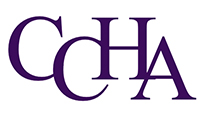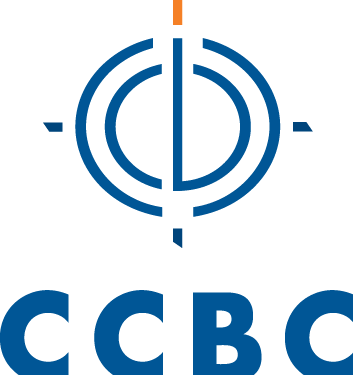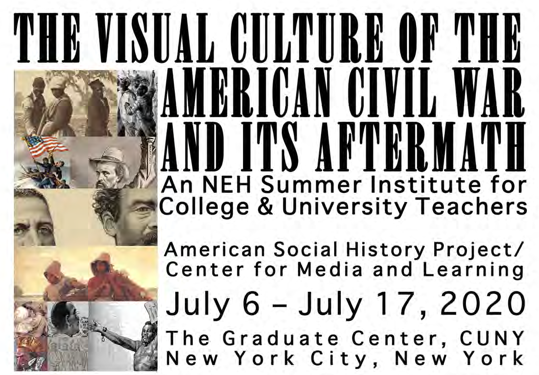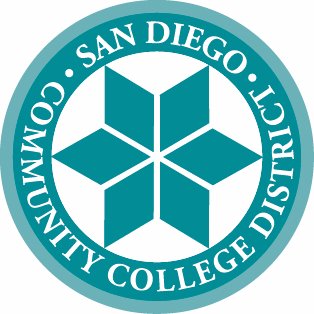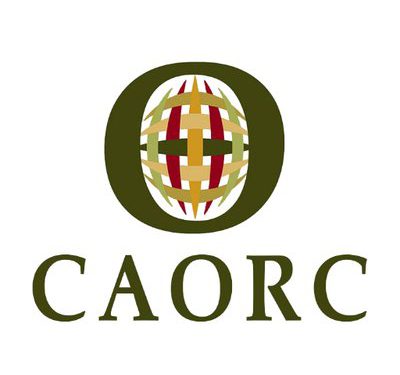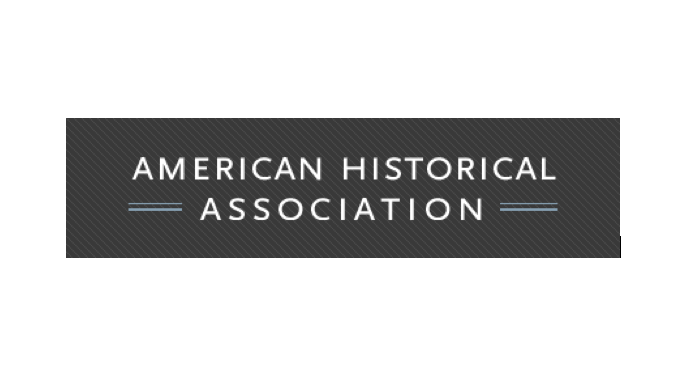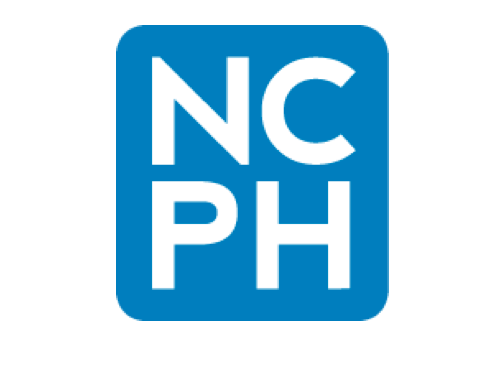NHA Lauds Latest Round of NEH Grants
WASHINGTON, D.C. – The National Humanities Alliance released the following statement today from its Executive Director Stephen Kidd on the December announcement of $33 million in grants from the National Endowment for the Humanities to support 213 humanities projects nationwide:
“With this announcement, the National Endowment for the Humanities is funding the first round of grants made with the U.K. Arts and Humanities Research Council, aimed at encouraging digital humanities collaboration between our two countries. Humanities Initiatives grants will support humanities work in higher education institutions throughout the U.S., including at HBCUs, TCUs, HSIs, and community colleges. And Infrastructure and Capacity Building Challenge grants will support large projects at institutions from Alaska to Maine.
“We are immensely proud of the NEH’s impact across the U.S. and will continue advocating for increased federal support for future grants in 2021 and beyond.”
####
Please see below for a list of the Community College Awardees.
| Institution | Name | Title | Outright |
|---|---|---|---|
| Capital Community College | Jeffrey Partridge | Black Heritage Project: Empowering Students Through Black Community History | $149,426 |
| Howard Community College | MatthewVan Hoose | Depeniong Global Humanities | $75,291 |
| Helena College University of Montana | Ari Laskin | A Bridge to College Humanities: Local Culture and History through Film | $144,719 |
| Nebraska Indian Community College | Maunka Morgan | Francis La Flesche Digital Resources Development Initiative | $99,388 |
| Trocaire College | Dawn Bost | Community and Mission: Building a New Applied Ethics Minor | $132,291 |
| Fashion Institute of Technology | Kyunghee Pyun | Shop Girls to Show Girls: Teaching Resources on New York’s Working Class for Community College Students | $150,000 |
| CUNY Research Foundation, Manhattan Community College | Cara O’Connor | Voices and Experiences of Poverty: A New Interdisciplinary Humanities Curriculum | $150,000 |
| Lorain County Community College | Jewon Woo | Rhizomatic Democracy in the 19th-Century Black Press of Ohio | $40,000 |
| Chemeketa Community College District | Keith Russell | Lifting Voices: Public Speaking as a Bridge to the Humanities | $149,973 |
